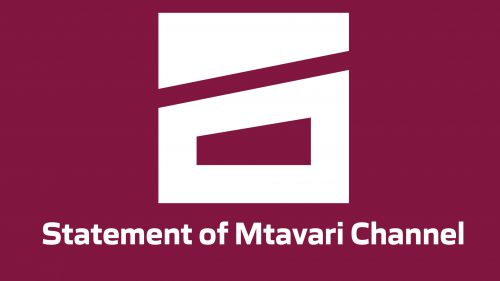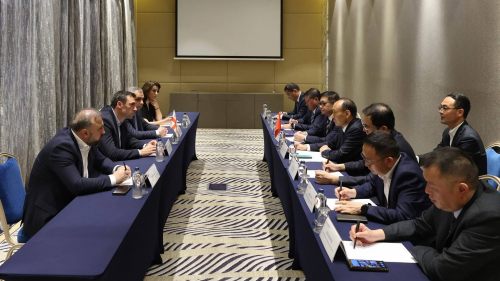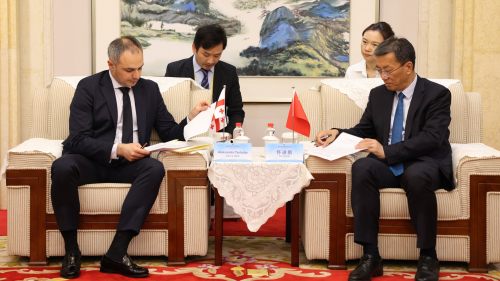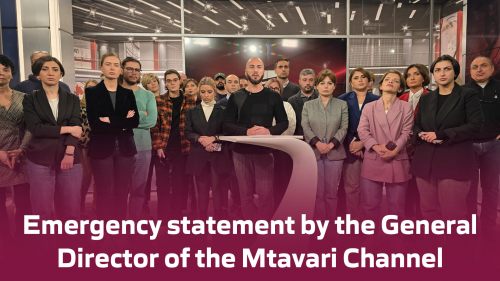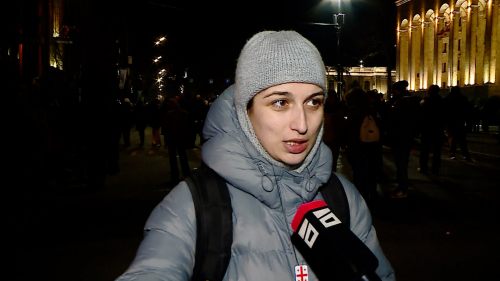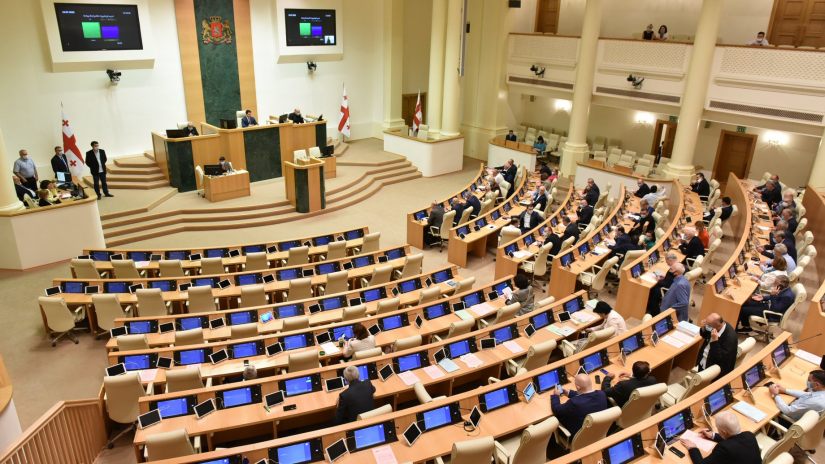
NGOs are critical of changes in the Law on Broadcasting. According to the civil sector, the proposed changes run counter to the inadmissibility of censorship enshrined in the constitution.
The joint statement said the legislative initiative imposes vague restrictions that threaten media freedom.
"At first glance, the change is related to such important issues as suicide, reporting on violence, drugs, gambling and sexual scenes. However, the new rules use a number of vague terms ("promoting socialization", "inappropriate program", "offensive language", etc.), which are difficult to define as they are subjective and judgemental. The proposed norms restrict the fundamental right to freedom of the media and the unacceptability of censorship, as enshrined in the Georgian Constitution. In addition, the restrictions are vague and provide significant opportunities for control and censorship of the media. The statement states that the legitimate purpose of such a restriction on freedom of expression must be clearly established and justify such a supreme value as the protection and well-being of children," - the statement said.
The civil sector is urging parliament not to take legislative initiative as the proposed changes fail to ensure the proper protection of children’s interests.
Signatory organizations:
- Institute for Democracy Research (DRI)
- Femina
- Education and Labor Association
- Solidarity Fund "Femina"
- Equality 17
- Real people and real vision
- Media Club
- Maia Tsiramua (Child Psychologist)
Recall that the Communications Regulatory Commission has developed amendments to the Law on Television and Radio Broadcasting, which will limit the distribution of harmful content for children in the media and on the Internet.
A large number of media representatives assess the bill as an attempt to impose censorship and plan to appeal the new regulations to the Constitutional Court.



